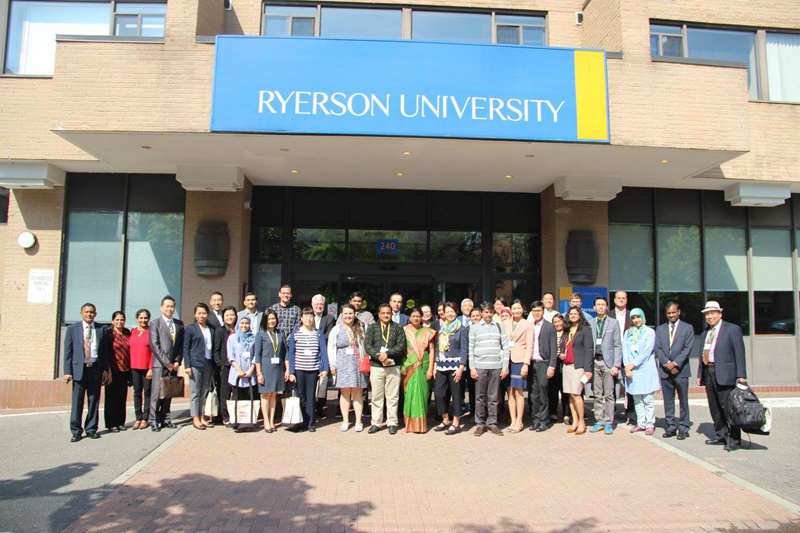
Social Empowerment through e-learning: the case of Yashwantrao Chavan Maharashtra Open University in India
Dr. Stephen
John Beaumont, Ph. D.
Centro de Tecnología para el Desarrollo (CENTED)
Buenos Aires, Argentina
Keywords
Distance education, social empowerment, e-learning
Abstract
As a nation, India has an almost permanent history of linking social development and empowerment with education. Gandhi's famous Nai Talim dates back to 1937, which is 10 years prior to the country´s independence, and therefore, it´s constitution as a sovereign state. Obviously, in these nearly 80 years, much has changed both in education and in social development. We are a long way from the Gandhi's experiments with "New Education" in Sevagram. But what does remain constant is the belief that social development is closely related to the quantity and quality of education received by the masses.
Yashwantrao Chavan Maharashtra Open University (YCMOU) was founded in 1989, as a model of Open System of Education. It was first established as a "New Concept of Open Education for Masses." It´s main objective was to create "programs for Common People; not to replicate traditional University degree education," based on the needs for "New Education for Enrichment and Social Empowerment." By 2014, the cumulative enrollment of students was over 3.600.000 and YCMOU counted with 10 regional centers &over 3000 "multi-program Study Centers," were staff provides teaching using a combination of face-to-face counseling as well as technology-enabled instruction. The enormous scale of their current e-learning programs in a wide area of disciplines, make YCMOU a leading organization fomenting social empowerment through education.
